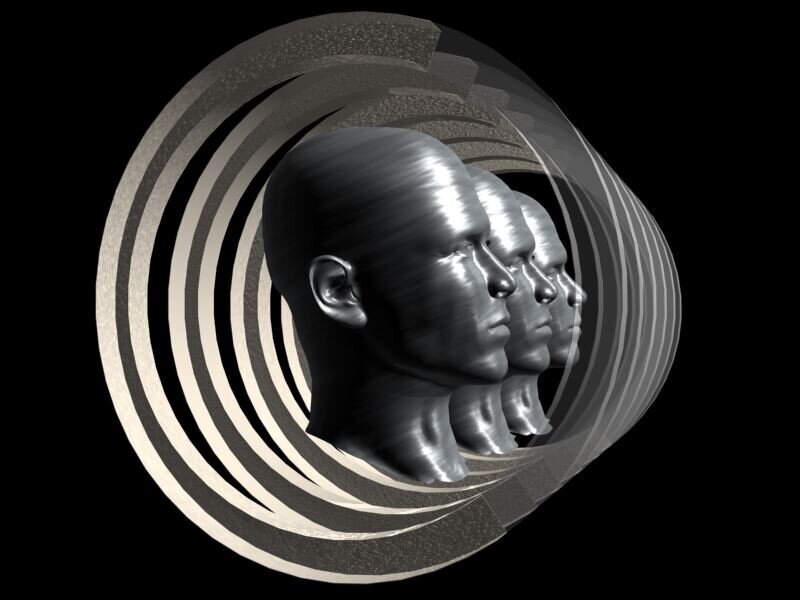Some people are more hypnotically gifted than others. We still do not know the reason why, but scientific research is getting us closer.
A landmark study by Dr. David Spiegel, and colleagues, found a distinctive signature in the brain when a patient has undergone hypnosis. Functional and structural MRI scans of the brains were performed on 12 adults with high hypnotisability and 12 adults with low hypnotisability.
“Our results provide novel evidence that altered functional connectivity in the dorsal lateral prefrontal cortex and the dorsal anterior cingulate cortex may underlie hypnotisability.” Spiegel also said the work confirms that hypnotisability is less about personality variables and more about cognitive style. “Here we are seeing a neural trait.”
I have calculated my own hours in the field of hypnosis: in 35+ years, I hypnotized well over 100,000 people. As a result, I have become acutely aware of the subtleties and nuances for successful outcomes in hypnotized subjects.
My experience of how people relate to hypnosis:
To a degree, everybody can be hypnotised
Success is primarily based on the facilitator
Even those with low levels of hypnotisability can improve their ability
Those who say they cannot be hypnotised typically have a high desire to experience it
Every research article has limitations, hypnosis has them in abundance
Most people’s fear of participating is about the loss of control and revealing personal information
Understanding Hypnosis: An Academic Exploration
Hypnosis, a state of focused attention, heightened suggestibility, and deep relaxation, has intrigued scholars and practitioners for centuries. Despite its long history and widespread use in therapeutic settings, hypnosis remains a subject of debate and curiosity within the scientific community. This article delves into the intricacies of hypnosis, exploring its definitions, mechanisms, applications, and controversies through an academic lens.
Defining Hypnosis
The term "hypnosis" is derived from the Greek word "hypnos," meaning sleep. However, hypnosis is distinct from sleep; it is a trance-like state where individuals experience increased focus and concentration. According to The Oxford Handbook of Hypnosis, hypnosis can be described as a psychological condition involving focused attention, reduced peripheral awareness, and an enhanced capacity to respond to suggestion (The Oxford Handbook of Hypnosis).
Mechanisms of Hypnosis
Understanding the mechanisms underlying hypnosis involves examining both psychological and neurological perspectives. From a psychological standpoint, theories such as dissociation theory suggest that hypnosis involves a division of consciousness where certain cognitive processes are compartmentalized (Hilgard's Theory). Alternatively, social-cognitive theories propose that hypnotic phenomena result from individuals' expectations and social interactions during the hypnotic process.
Neurologically, advancements in brain imaging techniques have provided insights into how hypnosis affects brain activity. Studies using functional magnetic resonance imaging (fMRI) have shown changes in brain regions associated with attention, perception, and emotion regulation during hypnosis (Journal of Cognitive Neuroscience). These findings suggest that hypnosis may alter neural pathways involved in processing sensory information and emotional responses.
Applications of Hypnosis
Hypnosis has been applied across various fields including medicine, psychology, dentistry, and even sports performance enhancement. In clinical settings, hypnotherapy is used to treat conditions such as chronic pain, anxiety disorders, phobias, and post-traumatic stress disorder (PTSD). The efficacy of hypnotherapy often depends on the individual's susceptibility to hypnotic suggestion—a trait known as hypnotizability.
In pain management specifically, research published in Pain journal indicates that hypnosis can significantly reduce pain perception by altering patients' subjective experiences of pain without affecting physiological measures like heart rate or blood pressure (Pain Journal). Furthermore, dental practitioners utilize hypnosis to alleviate dental anxiety and manage procedural discomfort.
Controversies Surrounding Hypnosis
Despite its applications and growing body of research supporting its efficacy in certain contexts, hypnosis remains controversial. One major point of contention is the variability in individual susceptibility to hypnosis—only about 10-15% of people are considered highly susceptible, while others may not respond at all (American Psychological Association).
Additionally, ethical concerns arise regarding the potential for misuse or manipulation through hypnotic suggestion. Critics argue that false memories could be implanted during hypnotherapy sessions, leading to legal implications, especially in forensic contexts (Forensic Psychology).
Moreover, skeptics question whether hypnotic states are genuinely distinct from normal waking consciousness or merely represent heightened states of suggestibility akin to placebo effects.
Conclusion
In conclusion, while significant strides have been made towards understanding hypnosis scientifically over recent decades, particularly through neuroimaging studies, many aspects remain enigmatic due largely due its subjective nature coupled with individual differences among subjects undergoing hypnotic induction procedures. Nevertheless, continued exploration into this fascinating phenomenon promises further insights into human cognition and consciousness itself, potentially unlocking new therapeutic avenues along the way.
The Oxford Handbook of Hypnosis. Edited by Michael R. Nash & Amanda J. Barnier. Oxford University Press. (Print)
Hilgard's Theory on Dissociation - Referenced within The Oxford Handbook of Hypnosis. (Print)
Journal Article: "Neural Correlates Of Hypnotic States" - Journal Of Cognitive Neuroscience. MIT Press Journals (Academic Journal)
Article: "Hypnotic Analgesia And Pain Management" - Pain Journal. Elsevier (Academic Journal)
American Psychological Association Guidelines On Hypnotizability - APA Publications (Reference Publication)
